
It is not clear who originally delivered the following opinion, though Winston Churchill, a great horse-lover, is a likely choice: “The outside of a horse is good for the inside of a man,” he is said to have said.
At nine years of age, John King was nowhere near manhood when he became happily familiar with the outside of a horse. That was three years ago and John has benefited not just from the beauty of horses, but from their movement, their personalities, their patience.
Since he began riding at the Therapeutic Riding Center South Jersey, located at the Dream Park on Rt. 130 in Logan Township, John, who was born with Down’s Syndrome and apraxia of speech (difficulty forming words and syllables) has increased the strength and control of his muscles and can now tell his horse to “walk” or “whoa”. There is also a decisive improvement in other areas, as well, said John’s mother, Caroline King.
Caroline and David King of Woolwich Township have watched their son add focus, concentration and confidence to the muscle and speech improvements from riding a horse. Their son has been aided by a number of physical and occupational therapies, including swimming, Caroline King said.
But the benefits of riding a horse surprised her. “You see them riding and it doesn’t look like anything physical is involved,” she said. “But it’s amazing. It’s a magical connection that happens. Whatever it is between John and the horse continues past the ride. Mentally and developmentally he gets better.”
That assessment doesn’t surprise Terry Lewis in the least. Lewis, a horse trainer and a certified PATH (Professional Association of Therapeutic Horsemanship International) instructor, directs and teaches at the Therapeutic Riding Center.
Lewis, who was raised in Bridgeton, works at a Colt’s Neck thoroughbred farm. But twice a week he’s at the Dream Park riding program. He directs, administers, and instructs the therapeutic classes and he owns the tack and the four horses used for riding.
He holds a Master’s Certificate in riding, horse keeping, training and instructorship from Meredith Manor Equestrian School in West Virginia. Lewis has trained horses and riders across the country, settling in Monroeville, Salem County for years before answering an ad to train horses in Ireland.
Upon returning to his home state, he looked for a chance to use his skills beyond training and horsekeeping. “I’ve been riding all my life. I love it,” he said. “I’ve always loved horses but to see how much joy there is that comes from the students and parents (at the therapeutic classes) is wonderful.”
Just as Caroline King watched her son improve from riding, Lewis has witnessed the same phenomenon time and again. “I’ve seen so many changes in students, both kids and adults. Their muscles and coordination improve and then their self-esteem,” he said.
“They’re on a horse. They’re equal now, or better. The horses are patient and the students form bonds with them and will start interacting with them. Then you see them … start interacting with other people.”
The horses, Lewis said, are critical. He chooses them carefully, he explained, looking for “a horse who’s very quiet, trustworthy and reliable.” The horses are also elderly, in horse years, his youngest being 19. As with humans, age and wisdom seem to coincide in horses and there are fewer unexpected behaviors.
In addition, Lewis looks for size. “I don’t want a real big horse, because the side walkers have to be able to reach up to the rider on (the horse’s) back to steady them, encourage them.”
Students, who currently range in age from 5 years old to 50 plus, are mounted in the saddle and taught to control their horse through voice commands, use of the reins, leg movement and body balance, just like every horse rider learns. Three trained volunteers are assigned to each rider, one at each side, (the side walkers or watchers), and one at the horse’s head for control, if needed. “I couldn’t do this without the volunteers,” Lewis said. “They’re wonderful, just wonderful.” Like the students, his volunteers are a range of ages, from 14 to senior citizen.

The program started four years ago, Lewis said, with one rider and one horse. “Now we have four horses, 30 riders and 20 on a waiting list,” for the lessons, which cost $35 per half hour. He is expecting to expand the riding courses when the Dream Park builds another riding ring, a project just at the planning stage, he said. At that point, he’ll need more volunteers, donations of tack, other equipment, and, yes, horses.
His student riders find the program through word of mouth or referrals from medical providers. Therapeutic riding is not a substitute for more traditional therapy, such as occupational or physical therapy, Lewis said. It’s often suggested as an adjunct.
How therapeutic riding helps is somewhat of a mystery to parents and students. As Caroline King said, she thought on first observing her son, John, riding, “It looks like nothing’s happening. But something magical is (obviously) going on.”
People who ride horses regularly will recognize Lewis’s explanation. “We show the students different moves they can make on horseback, like stretching and exercising limbs, posture, balance. All of these movements, though they’re subtle, train or improve upon the limitations many special needs students deal with in everyday life.”
In addition, riding requires focus, planning, decision-making and communication, thus strengthening mental and emotional skills.
“Some of our students come here and they don’t talk,” Lewis said. “They haven’t really talked before but they connect with the horse and want to communicate with him. We have them say, ‘Walk on’ or ‘Whoa’, or the horse’s name. On a horse, they’ll try to talk. It comes easier. The horse helps them get the words out. They’ll go home and start speaking more easily.”
This is what happened with John, said his mother. “The experts told us John was non-verbal. He would probably never talk.
“He has a special connection with Jack (a black and white Tennessee Walking Horse cross donated to the program). They have a bond,” King said. “A close bond. The riders have to give their horse instructions, and here John is, non-verbal.
“He wanted to talk to Jack. It was the bond. He wanted to connect with the horse. He learned to say a few words and then to go from non-verbal to emerging speech – it was wonderful,” King said. “Our whole family has been impacted.”
Stories like John’s are not unusual, Lewis said, adding they are the reason. “This is my passion, has become my passion. I’ve had a heart for helping people with special needs. I grew up with friends and family who had special needs and always wanted to work with horses and people who could be helped (by them).
For Lewis and the volunteers, he said, “It’s remarkable to see the good and the joy in people. When you see a student suddenly realize they’re riding a horse, it’s a joy.”
Last year the program held a fundraiser, seeking money to purchase a mobile lift that can raise students up and into the saddle, if needed. The King family attended. At one point, John was invited to speak to the attendees about his experiences in the program.

Caroline King recalled the moment, the emotion of it still strong. “John was non-verbal. He didn’t speak, and he has gotten to where he can easily say five-word sentences now.
“There was not a dry eye from anyone who knew John when he went up. It was like a miracle. He had the confidence to get up and take the microphone and speak to the crowd. Not a dry eye.”
Winston Churchill is credited with another quote concerning horses, and there is no doubt with this quote that he said it.
“No hour of life is wasted that is spent in the saddle.”
No doubt either that the students and staff at the Therapeutic Riding Center would agree.
For more information about the program and how to access it or volunteer, see the Website at www.dreamparknj.com and navigate to Therapeutic Riding.
By Jean Redstone
All photos by Karen E. Viereck, Editor/Publisher











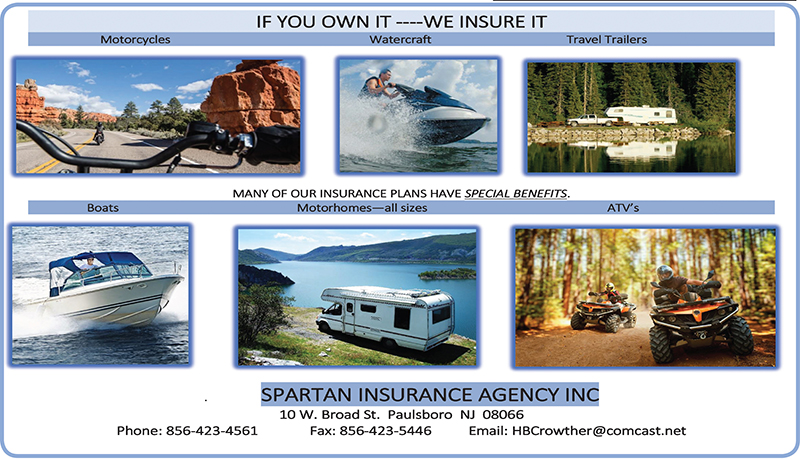
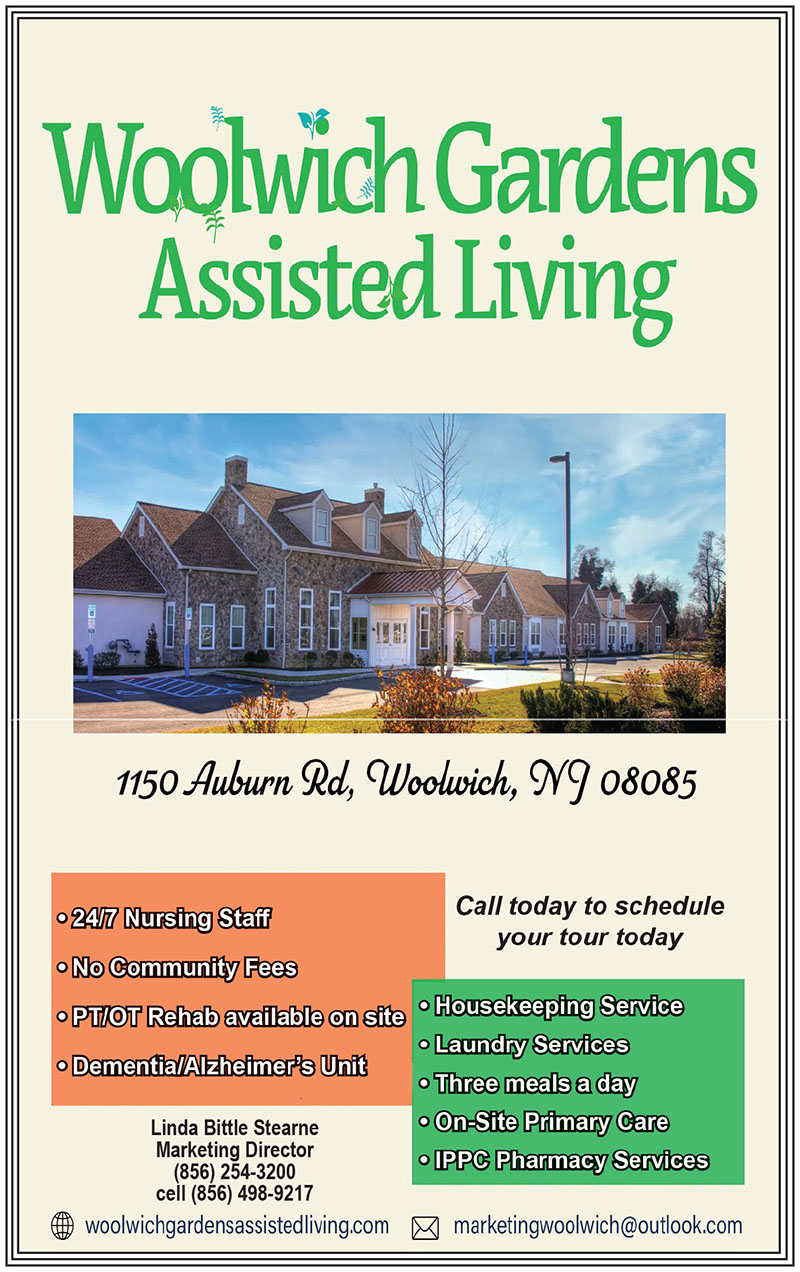
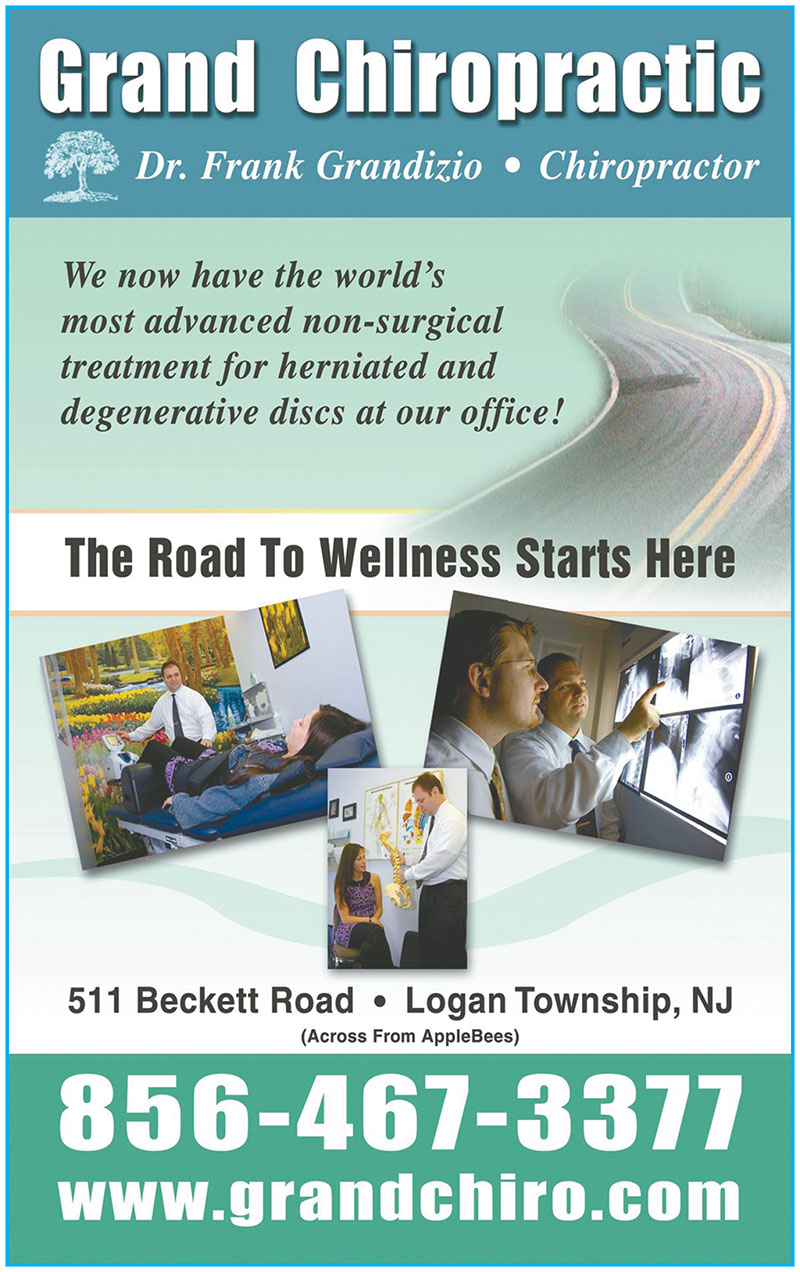
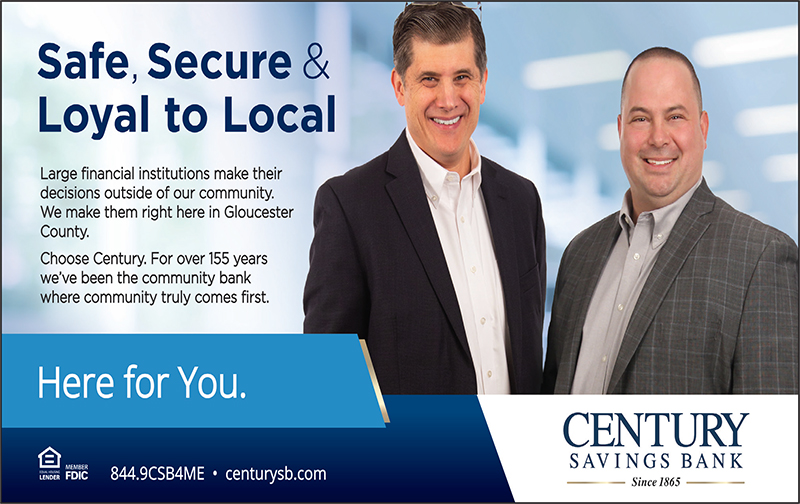
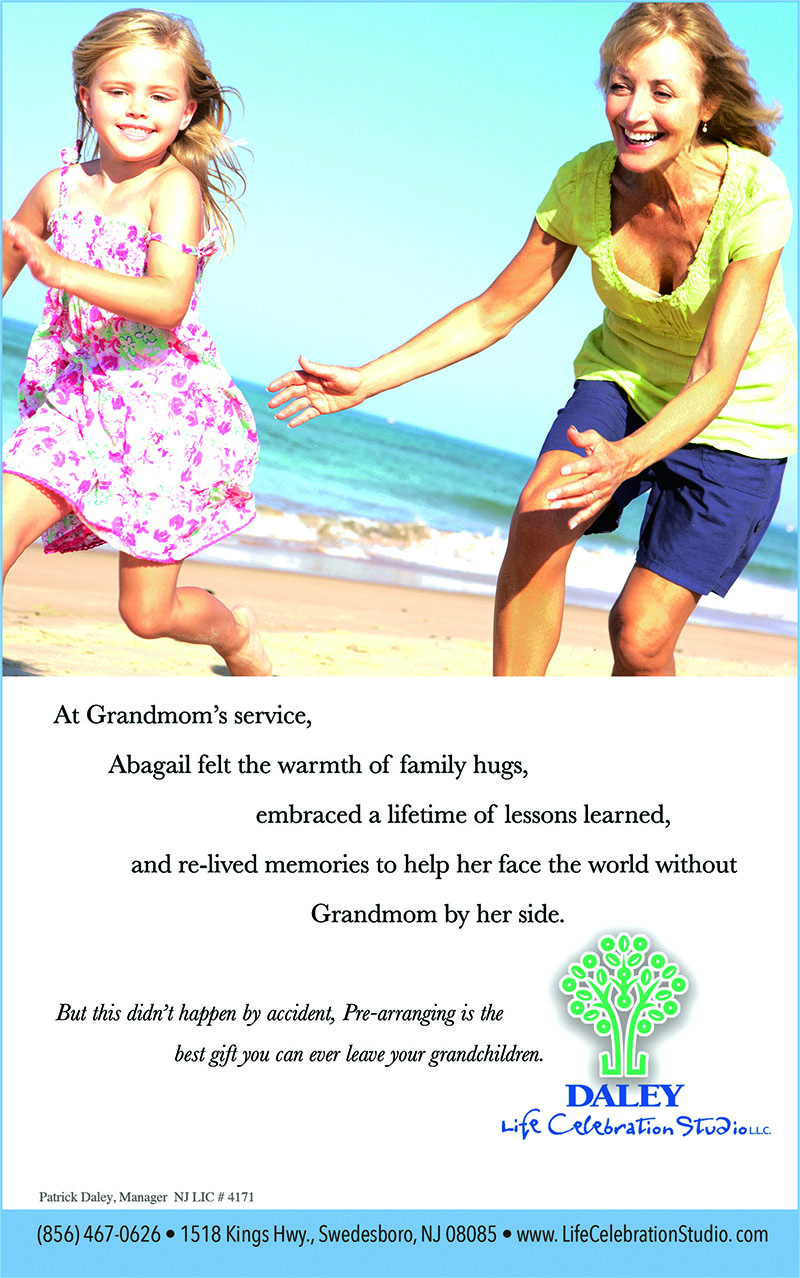
One Response
Terry is my son in-law. I have never had a chance to see what he does until reading this. So proud of him. The children look so happy.